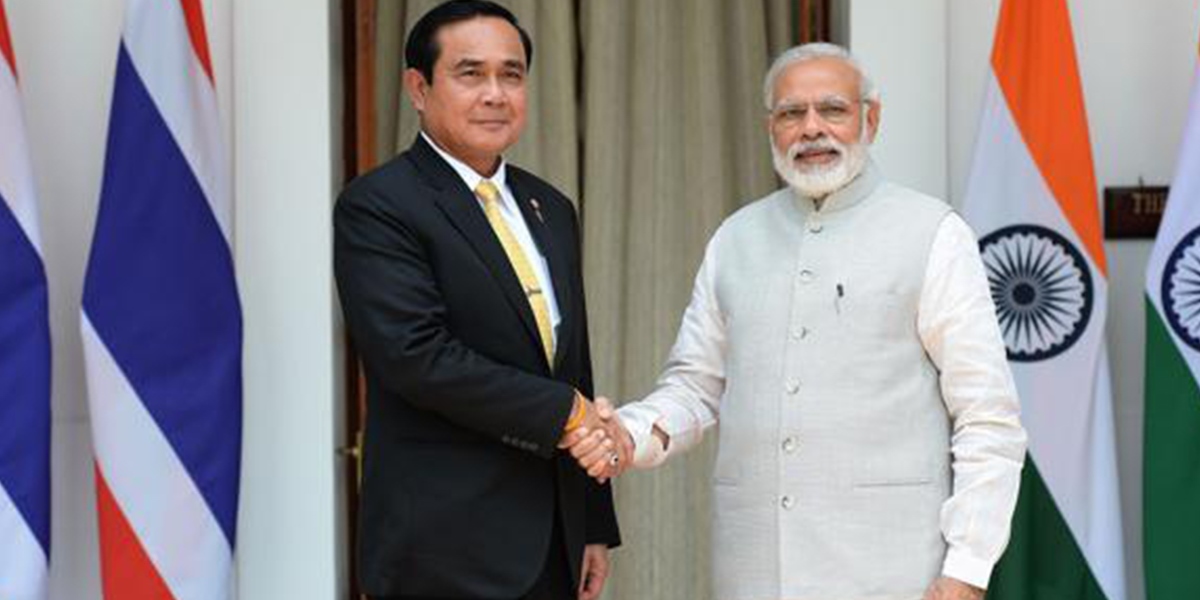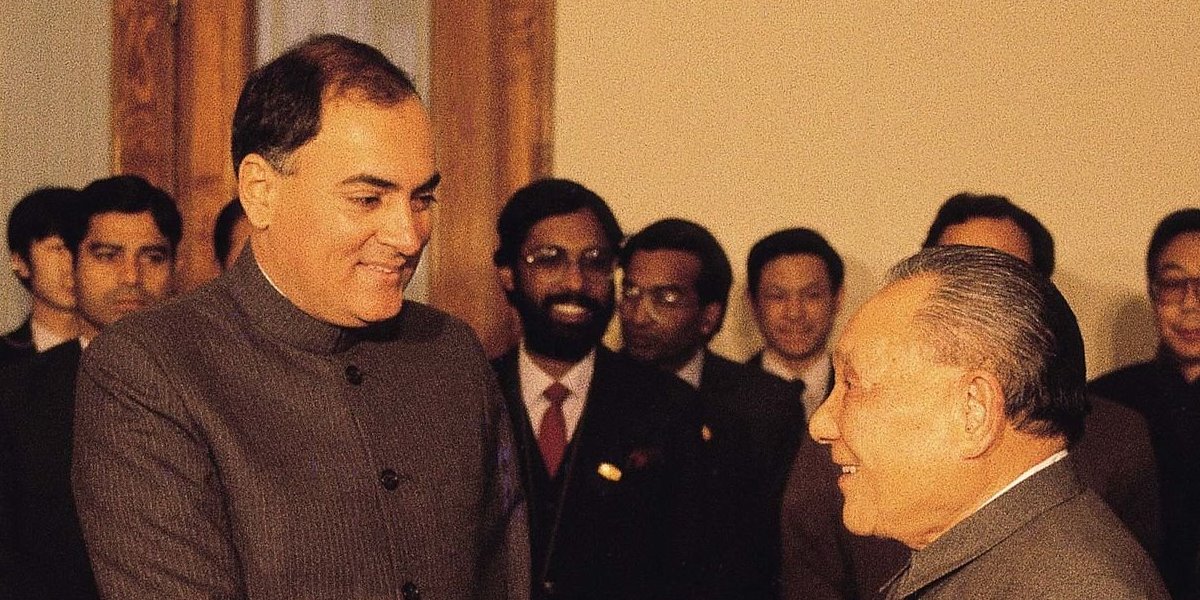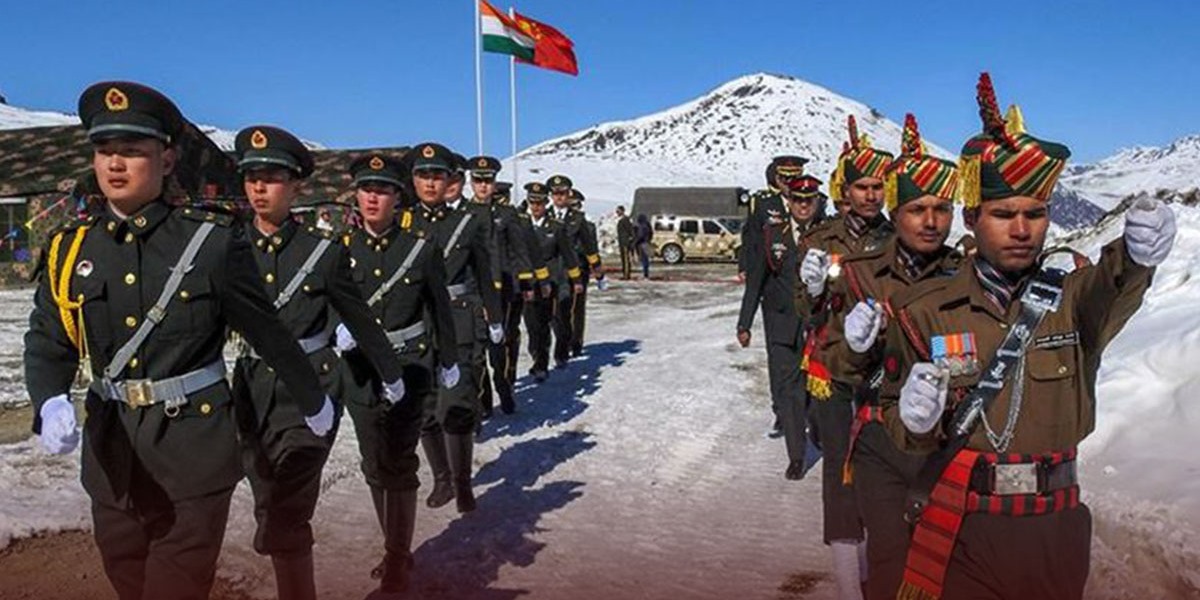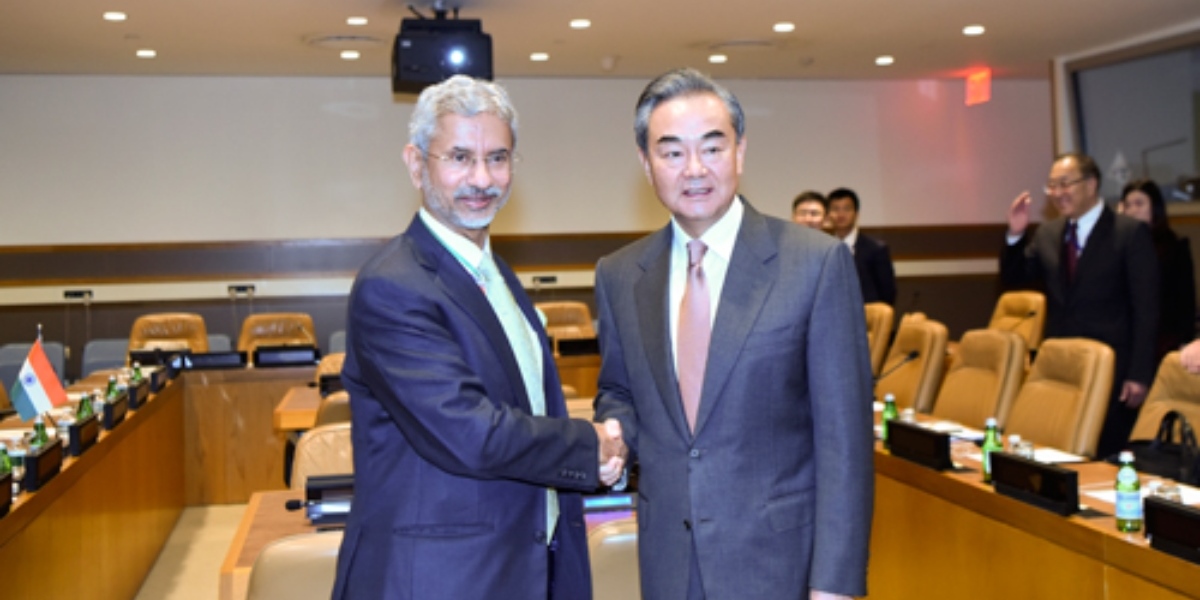External Minister S. Jaishankar gave an extensive speech on India’s Vision of the Indo-Pacific at the Chulalongkorn University in Thailand. India and Thailand are celebrating 75 years of establishment of diplomatic relations. Mentioning this Jaishankar highlighted that India is very much inclined towards the East. He also emphasized that New Delhi now looks beyond the Indian Ocean and into the Pacific.

India’s Vision of the Indo-Pacific
Jaishakar stated that there is a need to envisage a free, open, inclusive, peaceful and prosperous Indo-Pacific region. A regional concept which is built on rules-based international order, freedom of navigation and over-flight, unimpeded lawful commerce. There should also be mutual respect for sovereignty, peaceful resolution of disputes, as well. Jaishankar has further hailed that the ASEAN grouping is at the center of the Indo-Pacific. He pointed out that dialogues with ASEAN partners have significantly grown due to the emergence of the concept of Indo-Pacific.
He lauded the QUAD as a multi-lateral platform which addresses the contemporary challenges and opportunities in the Indo-Pacific.
Taking an indirect jibe at the growing assertiveness of China, Jaishankar stated that the world needs a more collaborative outlook. He clearly pointed out that one cannot hold on to ‘age-old’ orthodoxies in today’s global realities of globalization. He further said that only the ones who nurture an ‘un-democratic’ ideology will dispute the significance of Indo-Pacific. However the FM also mentioned the importance of an Indo-Chinese regional solution as crucial neighbors to envision the concept of Asian Century. This is an idea projected by the dominance of Asian politics and culture in the 21st century, by assuming certain demographic and economic trends. The expression was first used by former Chinese leader Deng Xiaoping in 1988, when he met with then Indian prime minister Rajiv Gandhi.

Responding to a series of questions after delivering the lecture he said the relationship between India and China was going through an “extremely difficult phase”. But the needful is a steady understanding between the two nations with more ‘common grounds’ than ‘differences’.
China’s Reaction
China have lauded Jaishankar’s observation on the Asian Century which requires India and China joining hands. His emphasized that the two neighboring countries have “far more common interests than differences. This jesture has received warm support from China. Beijing has backed his outlook for the Asian Century which would be a difficult plight if the two neighbors could not join hands.
The situation is however rather tense along the Indo-China border in Ladakh where the both the troops are engaged in a prolonged standoff. There has been 16 rounds of Corps Commander Level talks to resolve the standoff which erupted on May 5, 2020, following a violent clash in the Pangong Lake areas.

India has been diligently maintaining that peace and ceasefire along the LAC are the keys for the overall development of bilateral ties. Chinese Foreign Ministry spokesman Wang Wenbin is of the opinion that unless China and India are developed, there will be no Asian Century. He pointed out that China and India are two ancient civilizations, two major economies and neighboring countries. There are far more common interests than differences. Both sides have the wisdom and capability to help each other succeed instead of undercutting each other.

On Ladakh issue he said that the two countries maintain smooth communication over it and the dialogues are quite effective. He expressed the hope that India will work with China and prove that they are cooperation partners instead of threats. However, Beijing maintained its clear opinion on QUAD as an exclusive group build against the trend of the times and will not support it whatsoever.

